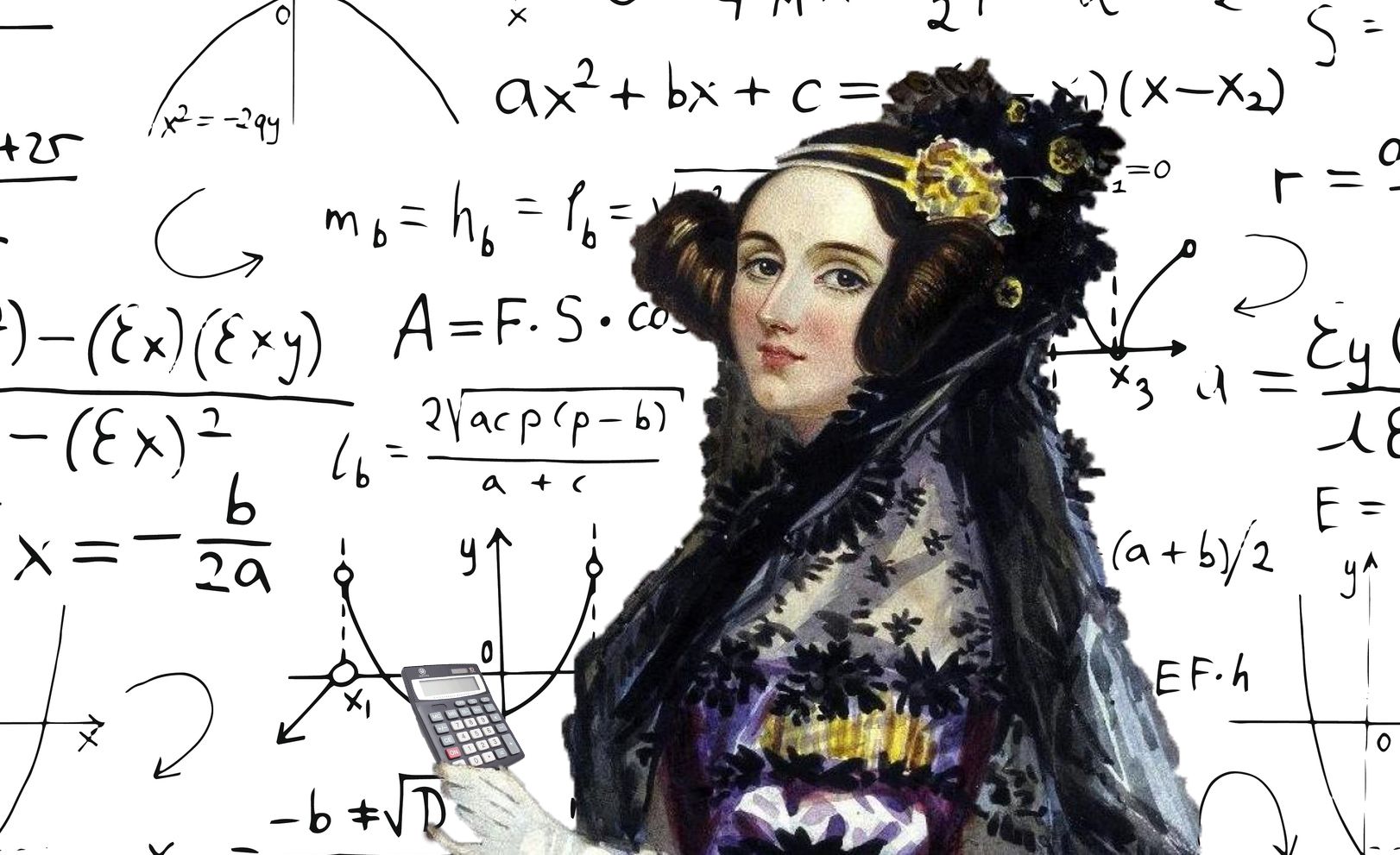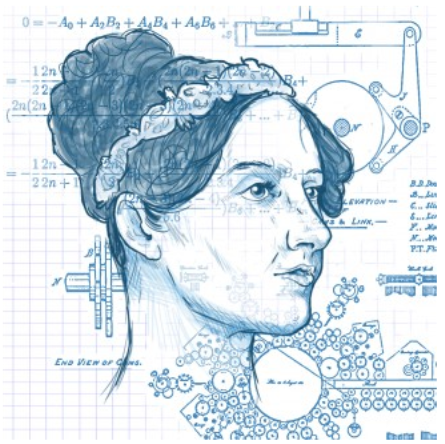
Ada Lovelace fue pionera en el campo de la programación de computadoras. Amante de las matemáticas y las ciencias, trabajó con Charles Babbage, el padre de los ordenadores.
 |
| Ada lovelace ilustracion |
In 1843 Ada published a series of notes on Babbage's analytical machine. This invention, which was never built, was the antecedent of the modern computer. But she not only took care of that task, she also made contributions to this research.As recorded in his writings, Ada interpreted the ideas of the protoinformatics scientist and described a programming language whose contributions made precedents within the history of computing.
After working tirelessly and a somewhat hectic sentimental life, Ada Lovelace died of cancer in 1852 at age 37. Without a doubt, this woman, who defined herself as analytical and metaphysical, was ahead of her time.
However, the story was unkind to her and, for centuries, assigned her the role of Babbage's transcriptionist, not acknowledging her forward thinking and great contributions.


ddThe first mechanical computer was created by Charles Babbage in 1822, the first automatic calculation engine that could also make some copies on paper - which is why it was also a kind of printer. But Babbage did not obtain the necessary financing to build this rudimentary computer on a large scale and his invention was forgotten.
However, we can place the origin of computers in a strict sense in the year 1936, when Konrad Zuse invented the Z1, the first programmable computer. Here begins the so-called first generation, which runs until 1946, having basically military purposes.
In 1946 the first general-purpose computer was built, called ENIAC (Electronic and Computer Numerical Integrator). It weighed 30 tons, so it was basically not like what we know today as a computer, it could perform a single task and consumed large amounts of energy. Another particular feature is that this computer had no operating system.
Other famous computers of this generation were Colossus -the first electric programmable computer-, ABC -considered the first digital computer, although it was not fully functional like ENIAC- and the Harvard Mark I Computer -funded by the well-known IBM brand.
https://youtu.be/wqZOH8T-LRo
jhoan esneider cupitre alejo
INGLES
UDEC EXTENSION SOACHA